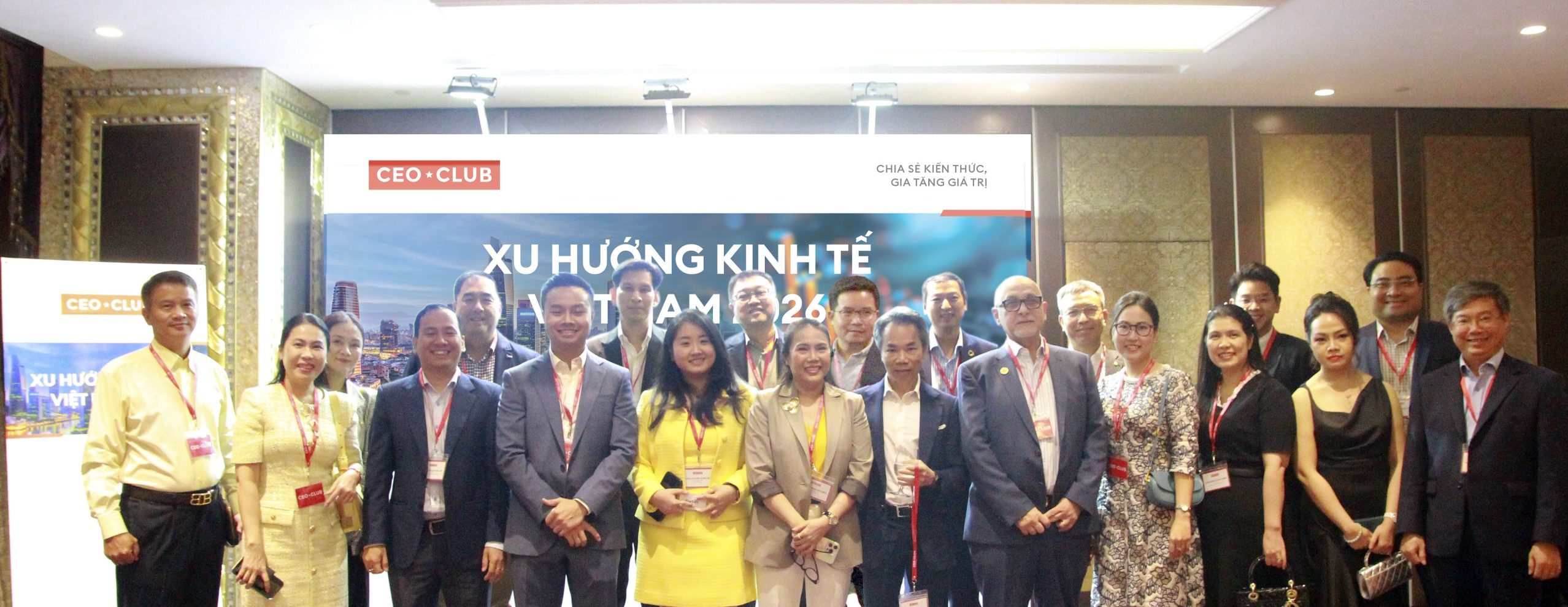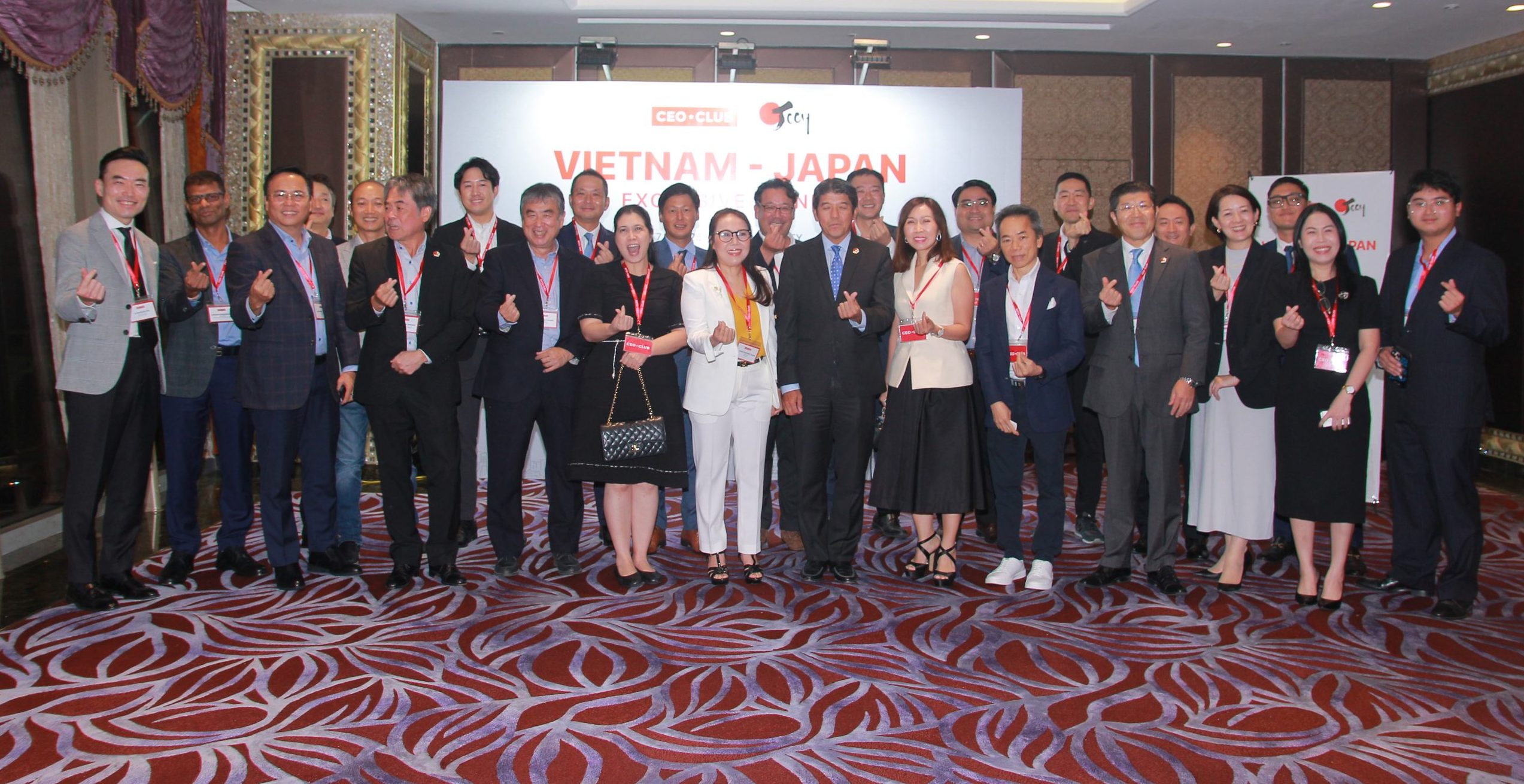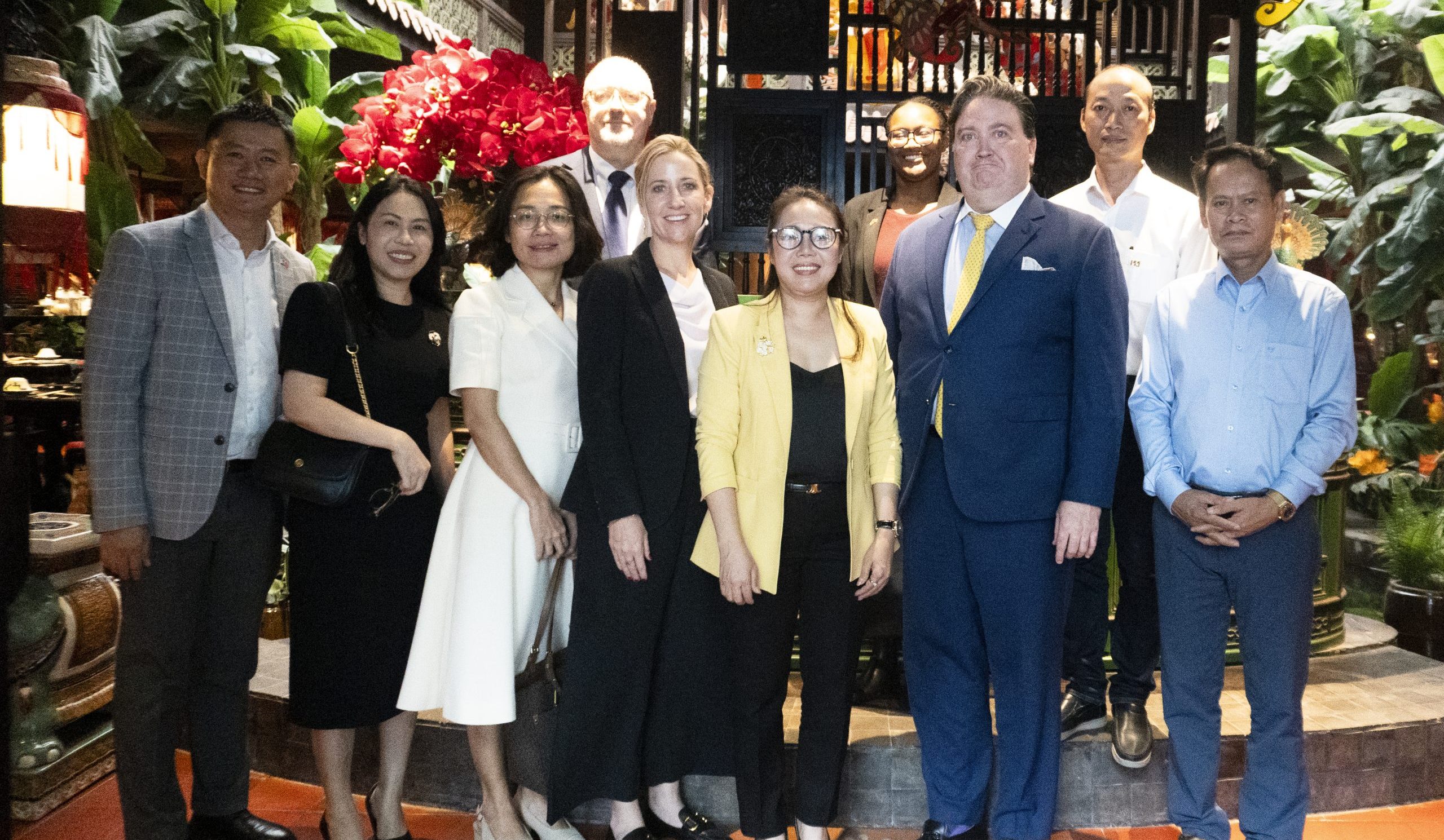As an investor working in Vietnam for nearly ten years and with 30 years of experience in the finance and investment sector, I can confirm that Vietnam is one of the fastest-growing economies in Southeast Asia.
Photo: VNA
As an investor working in Vietnam for nearly ten years and with 30 years of experience in the finance and investment sector, I can confirm that Vietnam is one of the fastest-growing economies in Southeast Asia. Many investment funds and international organizations have made positive assessments about its economy over the past decade. This is no coincidence. Vietnam attractiveness among foreign investors will only grow in the future, especially those from China and Singapore.
Vietnam is considered to have a relatively open economy after signing a number of free trade agreements (FTAs) with many countries and territories and maintains stable diplomatic relations globally. It also optimizes the advantages that stem from its stability, geography, young and abundant workforce, and preferential policies for foreign investors.
Positive performance
Global inflation and unemployment rose rapidly in 2023 while consumption and industrial production and trade declined strongly, which affected Vietnam. With economies in countries in the EU and Japan slowing, the economic recovery in Vietnam is a particularly promising sign. Many of the country’s key economic indexes have since the second quarter of 2023.
The Vietnam Manufacturing Purchasing Managers’ Index (PMI) rose last year after orders for many groups of commodities increased once again. FDI hit a record for the 2018-2023 period, posting year-on-year growth of 32.1 per cent. The country’s unemployment rate and inflation rate were kept under control, at 3.2 per cent and 3.25 per cent, respectively.
These demonstrate the potential for Vietnam’s economic growth in 2024, which has already been shown in results for the opening two months of the year. Export turnover rose 19.2 per cent year-on-year, with the trade surplus hitting $4.72 billion. Many important export items registered high growth, including electronics and components, textiles and garments, and footwear, with $9.5 billion, $5.2 billion, and $3.2 billion, respectively. Export value in the agriculture, forestry, and fisheries sector reached $9.84 billion, an increase of 50.3 per cent. Total retail sales of goods and services were estimated at over VND1.03 trillion ($41.2 million), up 8.1 per cent. The country also welcomed 3 million foreign tourists.
I greatly appreciate the development support policies introduced in Vietnam and the timely disbursement of public investment capital to boost economic growth. Since early in the year, Vietnam has witnessed strong levels of disbursement, with localities such as the Mekong Delta’s Long An province disbursing VND1.398 trillion ($55.9 million), or 18.56 per cent of its annual plan, Ho Chi Minh City VND7.289 trillion ($291 million), 9.2 per cent, and Hanoi VND6.306 trillion ($252.2 million), or 8.1 per cent. This represents major support to boost production and bridge supply and demand, helping to promote economic recovery.
The country attracted FDI of over $4.29 billion in the opening two months, a 38.6 per cent increase year-on-year. Of this, total registered capital for new projects doubled last year’s figure to reach $3.6 billion. An estimated $2.8 billion has been disbursed, up 9.8 per cent year-on-year. FDI is forecast to set a new record in the first quarter, reflecting the attractiveness of Vietnam within the international community.
FDI attraction
The longer I have invested in and been connected with investment in Vietnam, the more I have realized that the country will become more stable and attractive among foreign investors, including those from China. Positive signs of economic growth since early in the year have helped strengthen foreign investor confidence.
In particular, the determination of the government and the efforts of the local business community have become decisive factors in strengthening Vietnam’s appeal as a promising destination for shifts in global production.
Working in the field of finance and investment, I always pay special attention to Vietnam’s key economic indexes, and recognize that investment capital is one of the core growth drivers. The world still faces many unpredictable changes, requiring multilateral coordination to ensure maximum absorption of this capital.
Vietnam’s private sector is active and proactive. Appropriate management by the government together with the response and comprehensive coordination of businesses will create a huge effect. It is the same in China.
I expect that these factors will become growth drivers for Vietnam to tackle its remaining shortcomings in the fields of real estate, transport infrastructure investment, and financial markets from the second quarter of 2024. When these shortcomings are removed, the risks will be reduced and the confidence of investors and consumers will be strengthened.
The global economy is expected to fully escape from recession this year and witness slight increases in major economies like the US, Europe, and China. However, anything can happen when geopolitical conflicts and the US Presidential election continue to create uncertainties.
To deal with any unexpected changes, Vietnam needs to prepare different economic growth scenarios. These scenarios would demonstrate its adaptation and coping capacity, helping to build trust among foreign businesses looking to invest in the country.
Vietnam also needs to pay attention to its internal economic strengths by promoting domestic consumption, expanding export markets, tapping potential in agriculture, forestry, and fisheries exports, boosting cooperation within its FTAs, improving productivity and workforce quality, focusing on scientific and technological development and the digital economy, and, in particular, improving its business environment and strictly handling any violations.
I have been impressed by the sustainable economic growth criteria Vietnam is pursuing, which include transparency and a strong commitment to collaboration between the government and enterprises. These are positive factors in attracting investment and will create unexpected successes.
(*) Mr. Wang Weiya is Chairman of the Board at CSI Securities and Founding Partner and CEO of Kirin Capital.
Source: VnEconomy
30/05/2024


